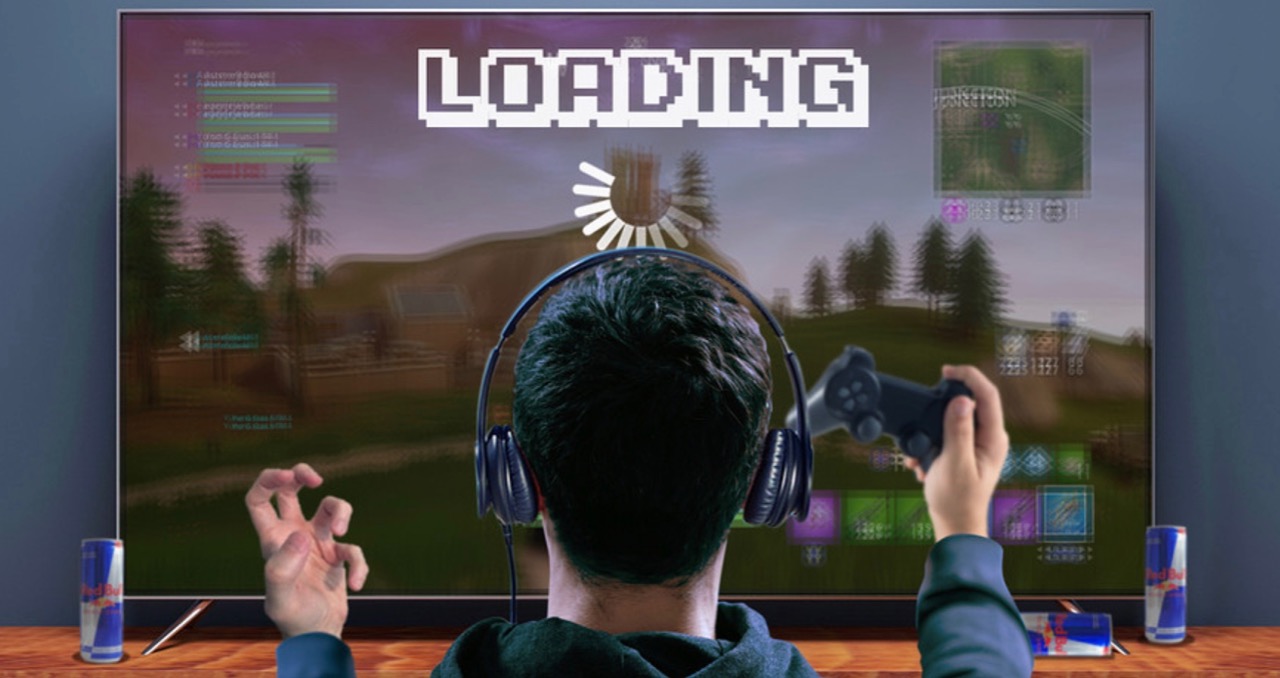
Close
If your child spends long hours playing videogames you’re probably worried they may be addicted. ‘Gaming disorder’ is real and has now been permanently classified as a disease in the World Health Organisation’s ‘International Classification of Diseases and Related Health Problems’. The new updated ICD will be adopted in 2022. If you are a worried parent, this new classification by WHO will help you to identify if their your child has a problem and if they need professional help.

Gaming Disorder is not just for kids, it can be experienced by gamers of all ages: children, teenagers and adults. This condition isn’t defined by gaming too much, or the number of hours played; rather it’s when gaming interferes with an individual’s daily life. To be diagnosed, a person will demonstrate all 3 of the following symptoms for at least 12 months:
· losing control over gaming,
· prioritises gaming to the extent that gaming takes precedence over other activities and interests,
· continues to game despite negative effects on work, school, family life, health, hygiene, relationships, finances or social relationships.
This condition focuses on gaming only and does not include problem use of the internet, online gambling, social media, or smartphones. It also includes gaming on any device, although most people who develop clinically significant gaming problems play primarily on the internet .
Serious health condition
While millions of kids and adults around the world play video games, only a small number are expected to meet the WHO criteria. That’s because like other diagnosable addictions, Gaming Disorder is an extreme mental health condition expected to affect 0.003 to 1% of the population who engage in video-gaming activities.
How many people would this account for in Australia? A study of 1234 Australian households by Bond University and Interactive Games & Entertainment Association, showed that 67% of Australians play video games.. In Gaming Disorder terms, this means that approximately 5000-16,500 Aussies could potentially be diagnosed with the disorder.
Not everyone agrees that this is a disorder
While it feels like a fait accompli, the designation of Gaming Disorder as an addiction remains hotly debate. The American Psychiatric Association (APA) are still not convinced with the designation. There are two things holding them back. First that problem gaming often occurs alongside other factors such as loneliness, or mental health conditions like anxiety and depression . APA argue that problematic gaming may a symptom of these, rather than a unique condition in its own right. The second issue for APA is that there is a lack of strong evidence and research to support that gaming disorder is an addiction, in its own right. Others state that the classification is a way of addressing the huge community concern and moral panic regarding video games.
How diagnosed gaming disorder is/should be treated
An important impact of the classification of Gaming Disorder as an addiction is that it lays the path for treatment by health professionals. Important to note is that like the classification of the disorder, research-based treatment plans are also in their infancy. A survey of psychiatrists in Australia and New Zealand found that only 16.3% said they felt confident in managing the disorder. If you are seeking professional help, it is therefore important to assume that not any psychologist or psychiatrist could provide focused, quality treatment.
What to expect from professional treatment
Gaming disorder is a mental health condition and treatment is generally provided by a psychologist or psychiatrist. One-on-one sessions with an addiction counsellor and behaviour modification are two of the most common treatments.
The most common psychosocial therapy is Cognitive Behavioural Therapy (CBT) which teaches you different ways to think, behave, and respond to stressful situations; as well as Individual, group or Family Therapy which helps address issues that may contribute to the addiction, and a behaviour modification. Therapy is tailored to the age of the person, their faith, their professional status or other factor important to your treatment.
Parenting tips for managing difficult child’s gaming
While most gamers will not be diagnosed with Gaming Disorder, a child’s gaming habits can cause significant distress for parents who are concerned that their child spending too much time on video games, that they resist every time they are asked to get off, or that gaming is leading to an unhealthy or unbalanced lifestyle. Some tips for supporting more healthy approaches to gaming for children include:
· Encouraging sport and physical activity. This can increase blood levels of serotonin and have a positive effect on mood and symptoms of problematic gaming.
· Talk to your child about what they enjoy about gaming and why they want to game regularly. Their answer will help you identify if there are others issues they may be experiencing and using gaming as an escape.
· When you call your child off their game ensure that they have an activity to shift to such as a family outing, dinner. This will create a reason to get off.
· When calling your child off a game give them time to finish the game. Continuously being asked to get off mid-game can be frustrating and lead to arguments. Ask them how much longer they will need to finish the game and then ensure they get off when the game is over.
